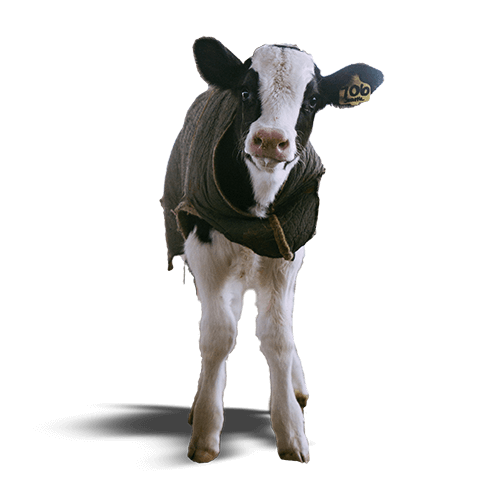Senior Dog Care
As our dogs age they have different needs than younger dogs. Like humans, ageing is a normal part of life and after a certain age our dogs are considered a “senior”. Small breeds are considered old when they are 10 or 11 years of age. Medium sized breeds, like Golden Retriever, become seniors at the age of 8-10, and giant breeds are considered old by the age of 5 or 6.
Typically you will notice that your dog gets a little bit slower and their hearing and sight starts to deteriorate. They often become more prone to certain diseases or ailments. As a dog ages, they will start to have less energy, might develop cataracts or hearing problems, and their organs will eventually stop working as well. This means that senior dogs are at higher risk of getting kidney or liver disease, diabetes, or become obese.
Not all dogs are considered seniors at the same age so it is important that you pay attention to the changes in your own dog and bring your pet to the vet if you notice anything that is different with them.
To help you, here are some tips on how to take care of your ageing doggy so they can stay health & happy for many years ahead!
1) Age Appropriate Diet: Choose a dog food that is designed for older dogs and help prevent weight gain
2) Regular exercise: To keep your dog healthy, fit and maintain their ideal weight it is really good to get them out and exercise. If you are concerned about this at all, talk to your vet and they will help you design an exercise programme to suit your pooch
3) Regular Checkups: Regular care is the best way to care for an older dog. As your dogs immunie system is more vulnderable as they get older it is a good idea to get your dog in for a quick checkup every 6 months. We offer a reduced fee check up for senior dogs of €20 so that you can bring them in more frequently.
4) Oral Health: Keep up your good dental care with older pets as part of your regular grooming routine with your dog. You can brush their teeth, give them dental sticks or bring them into the vet for a dental clean.
5) Protection: At all ages your dog needs to have flea, tick and worm protection. Keep giving your pet these treatments as per usual into their older years. They do not need to be vaccinated at the same frequency (usually every 3 years is enough). Talk to the vet and they will guide you on this.
It can sometimes be difficult or sad for people when they see their loved pet getting older and slower. Enjoy all the little moments with your pet! With care and attention, your dog continue to be happy and healthy for many years to come!







